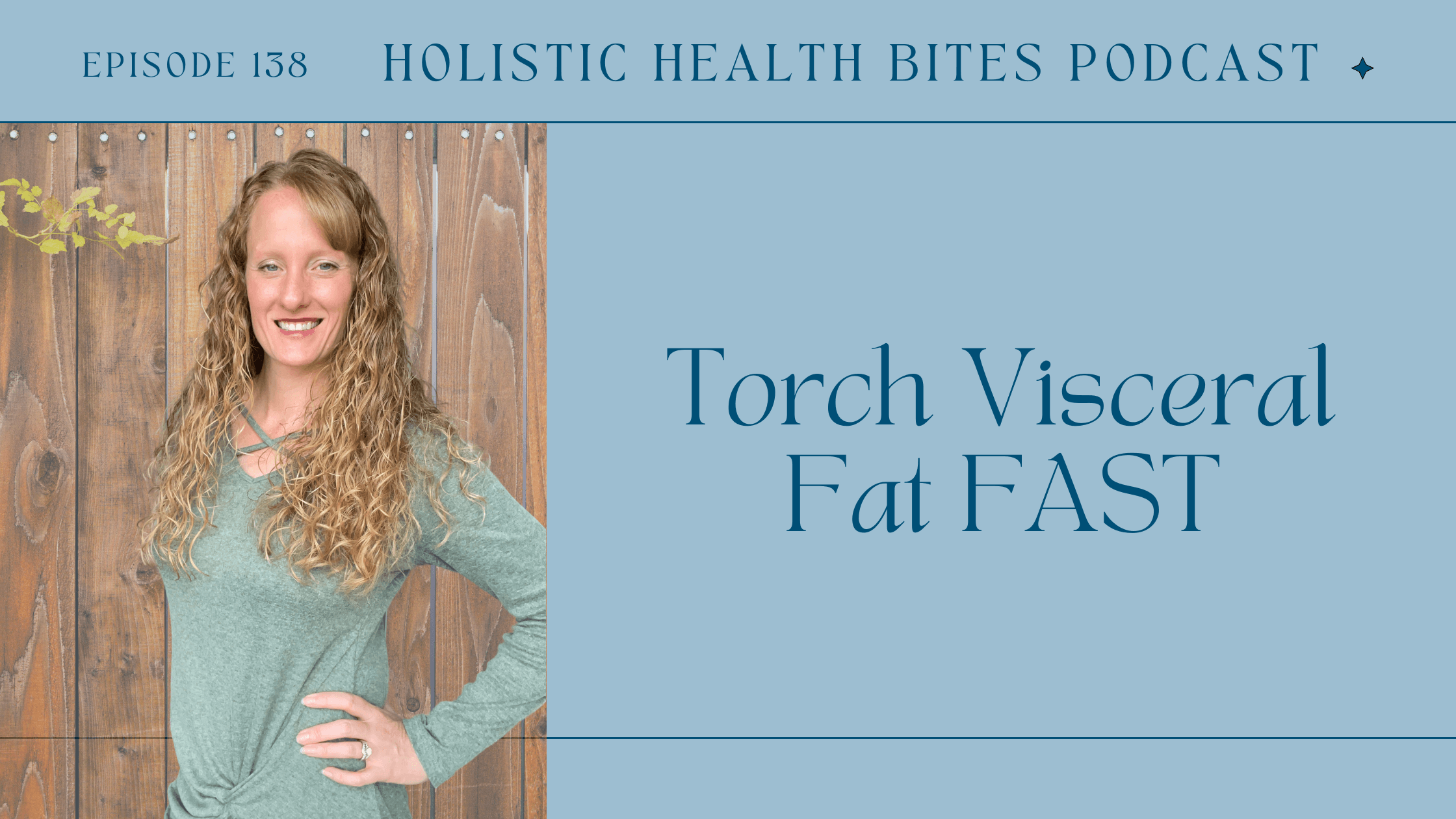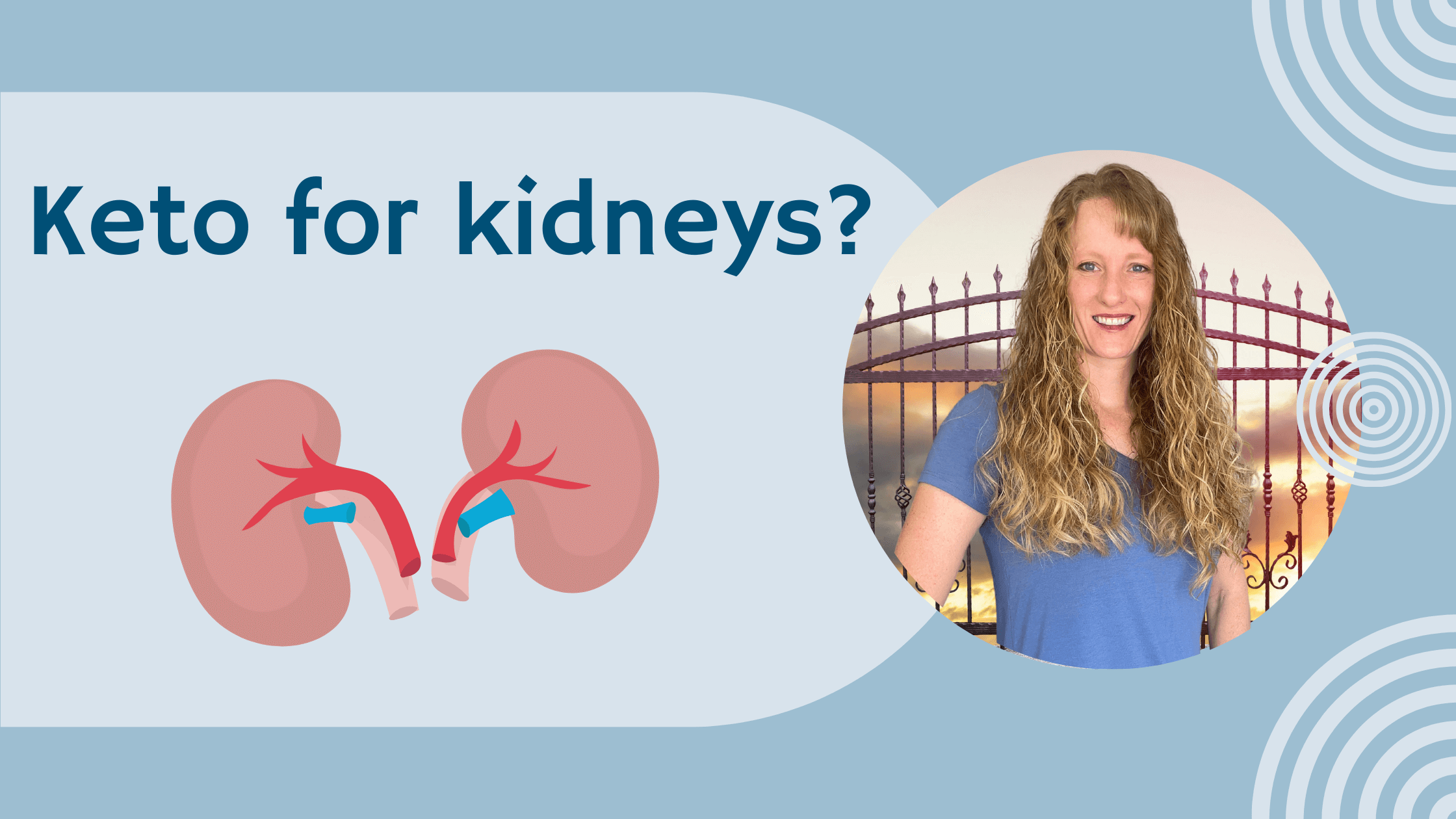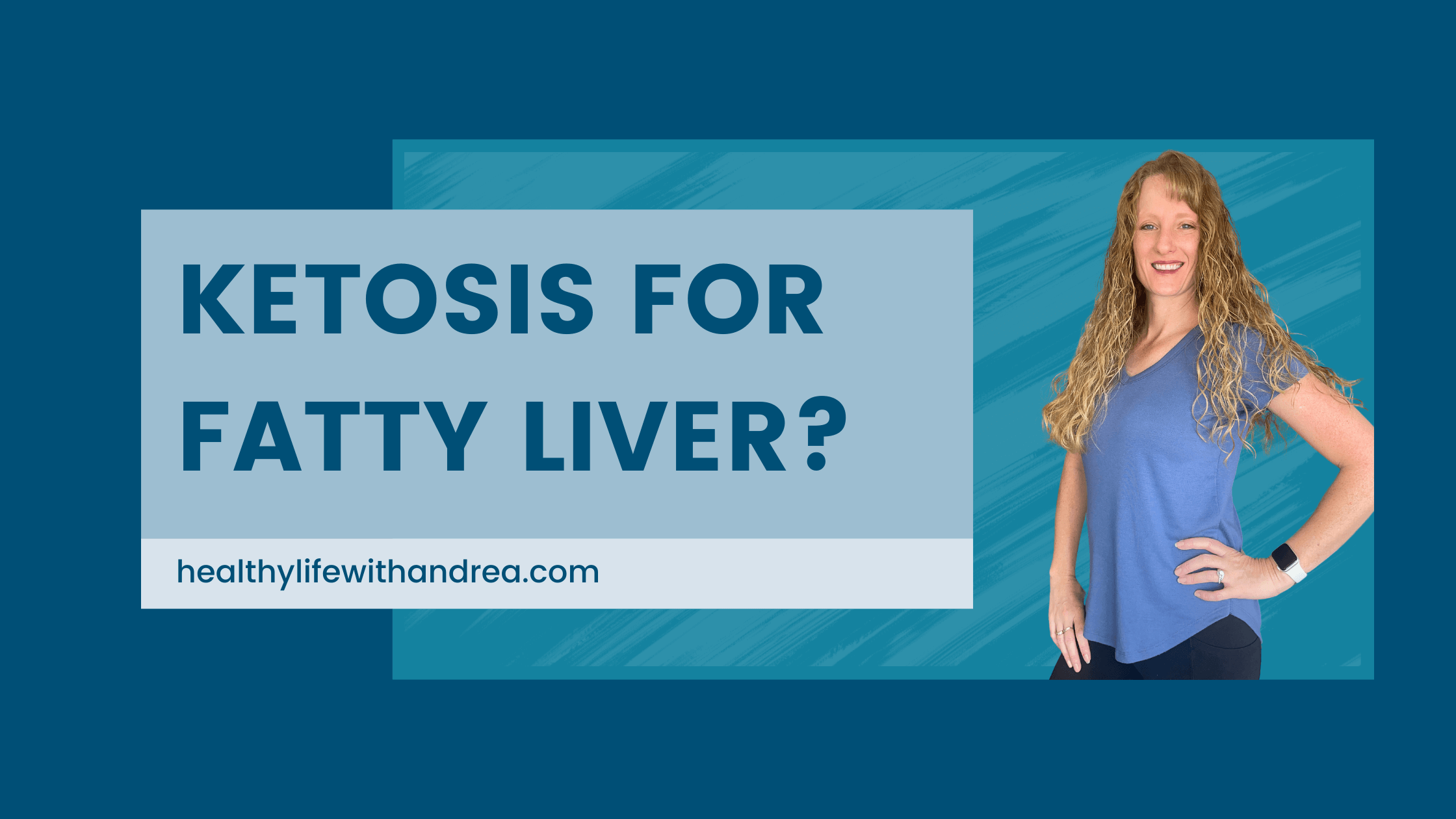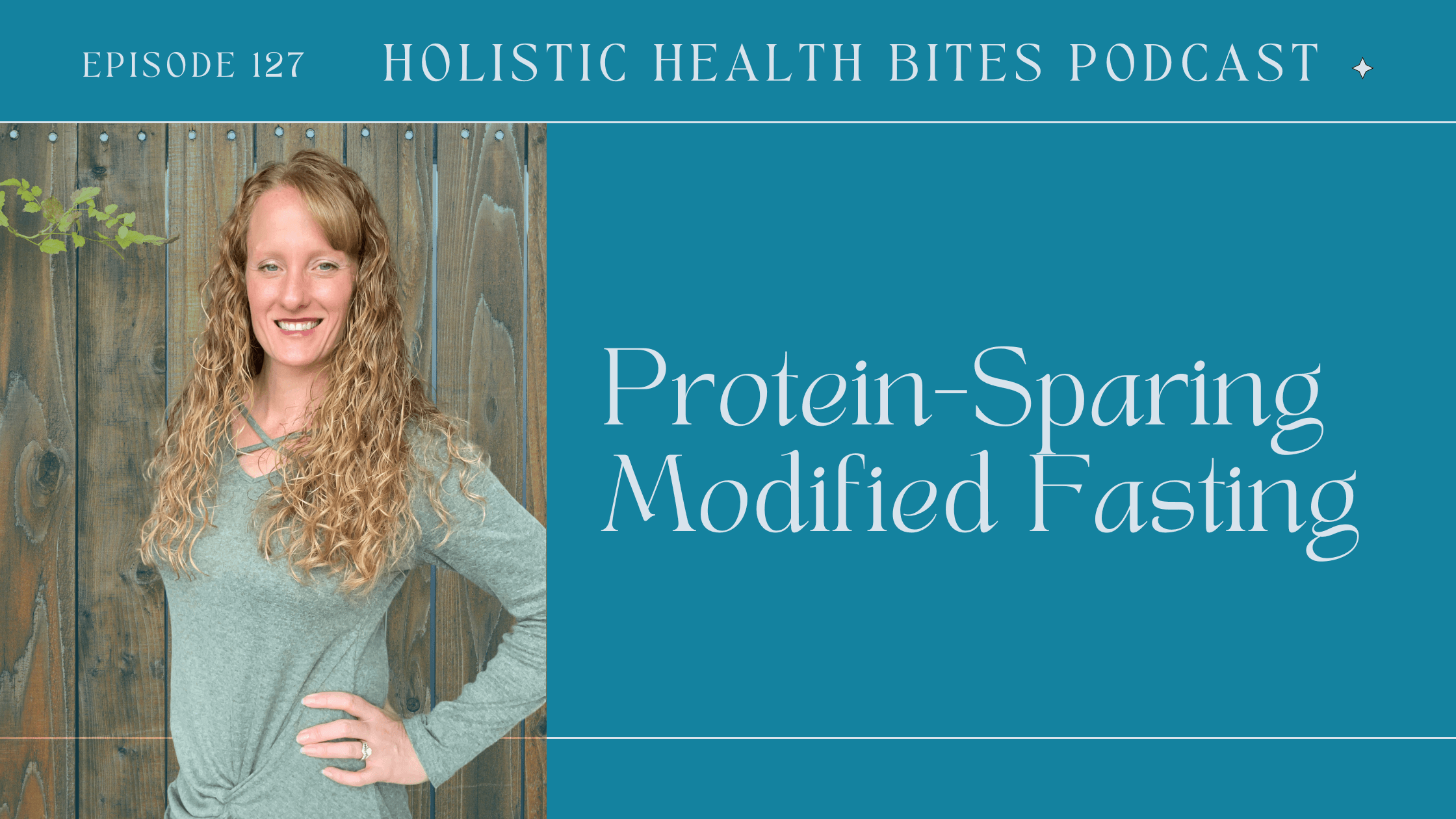 The episode of the Holistic Health Bites podcast delves into the complex debate surrounding the causes of obesity, focusing on two competing models: the energy balance model (EBM) and the carbohydrate-insulin model (CIM). While EBM suggests that obesity is largely due to an imbalance of calories consumed versus expended, CIM argues that hormonal responses, particularly triggered by refined carbohydrates leading to elevated insulin levels, play a pivotal role in fat accumulation. Both models recognize the challenges posed by modern food environments and the influence of various factors like lifestyle and socioeconomic status.
The episode of the Holistic Health Bites podcast delves into the complex debate surrounding the causes of obesity, focusing on two competing models: the energy balance model (EBM) and the carbohydrate-insulin model (CIM). While EBM suggests that obesity is largely due to an imbalance of calories consumed versus expended, CIM argues that hormonal responses, particularly triggered by refined carbohydrates leading to elevated insulin levels, play a pivotal role in fat accumulation. Both models recognize the challenges posed by modern food environments and the influence of various factors like lifestyle and socioeconomic status.Furthermore, the episode reveals that these contrasting theories offer different approaches to managing and potentially reversing obesity. EBM sees the brain's altered hunger perception as central to obesity, whereas CIM highlights the concept of "internal starvation" caused by insulin spikes that drive continuous hunger despite calorie intake. Consequently, CIM advocates for reducing the intake of refined carbs, suggesting this could have more far-reaching benefits in obesity management than simply focusing on calorie reduction.
Ultimately, while acknowledging the merits of both models, the article leans towards the CIM approach, emphasizing the importance of returning to a diet rich in whole, unprocessed foods. It argues that avoiding processed foods and focusing on nutrient-dense meals can help combat food addictions and improve metabolic health. The episode concludes with a call to prioritize traditional, natural eating habits over modern processed diets, especially for those with conditions like type 2 diabetes or insulin resistance, highlighting a preference for whole foods that have been staples throughout human history.

This post delves into effective strategies for reducing visceral fat, a dangerous type of fat that surrounds internal organs and is linked to serious health issues like insulin resistance and cardiovascular disease. Unlike subcutaneous fat, which is generally protective, visceral fat can lead to inflammation and disease. The post outlines five research-backed methods to tackle this type of fat: intermittent fasting, sprinting, hippuric acid, Urolithin A, and the ketogenic diet.
Intermittent fasting is highlighted for its ability to promote fat loss while preserving muscle mass, making it an efficient method for targeting visceral fat. Sprinting, as a form of interval training, is presented as superior to moderate-intensity exercises for visceral fat reduction. The article also emphasizes the benefits of polyphenols, specifically hippuric acid and Urolithin A, found in high-polyphenol foods, which have shown promising results in reducing visceral fat when combined with a Mediterranean diet.
The ketogenic diet is explored through a recent study that demonstrated significant reductions in visceral fat and improvements in quality of life without calorie restriction. Participants experienced weight loss, particularly those with more weight to lose, while maintaining muscle and bone mass. Overall, the post underscores the importance of quality nutrition and suggests that while the ketogenic diet is a powerful tool for fat reduction, starting with a healthy diet is essential, and multiple dietary approaches can lead to success in reducing visceral fat and improving overall health.
Read more...
Carbohydrate restriction through ketogenic diets has been shown to reverse conditions linked to insulin resistance, such as metabolic syndrome, PCOS, and fatty liver. This dietary approach also offers potential benefits for kidney health, countering myths about its harm. Research indicates that ketogenic diets can help restore and support kidney function by effectively addressing diabetes and hypertension, known causes of chronic kidney disease (CKD).
Studies have demonstrated that low-carb diets, including ketogenic ones, can improve kidney function and lead to CKD remission. These diets have been found beneficial even in genetically-linked cases of kidney failure like autosomal-dominant polycystic kidney disease. Contrary to concerns about protein intake, ketogenic diets are typically not high-protein, and there is insufficient evidence to suggest that higher protein consumption negatively impacts CKD progression.
Critical to kidney health is the management of blood sugar and blood pressure, areas where carbohydrate restriction shows promise. Research suggests that even with a relatively high protein intake, a low-carb diet is effective in slowing disease progression in CKD patients. Evidence supports the safety and benefits of ketogenic diets for individuals with type 2 diabetes and reduced kidney function, emphasizing the importance of a properly formulated diet rather than processed 'keto-friendly' products.
Read more...
The Holistic Health Bites podcast delves into the potential of ketosis in reversing fatty liver disease. Fatty liver, often resulting from metabolic dysfunction, is a widespread condition affecting about one-third of the global population. It causes fat buildup in the liver, impairing crucial functions like nutrient processing, hormone production, and inflammation regulation; addressing this condition conventionally has been challenging.
Ketosis, a metabolic state where the body uses ketone bodies produced from fats, can help reverse fatty liver by encouraging the liver to utilize stored fat. However, achieving ketosis requires dietary and lifestyle changes to lower insulin levels, which can subsequently lead to various health improvements, including better energy and mood. Importantly, ketosis not only aids in reducing liver fat but also helps prevent further liver damage and supports overall metabolic health.
For effective results, implementing a well-formulated ketogenic diet is essential, focusing on whole foods and avoiding processed "keto-friendly" products. The process requires patience and time, as the body adjusts from previous dietary habits to a state where it can safely release stored fats. By prioritizing nutritious foods, proper rest, and stress reduction, individuals can experience significant health benefits, highlighting the potential to improve or even reverse certain health conditions.
Read more...
Protein Sparing Modified Fasting (PSMF) is a nutritional therapy that focuses on consuming high amounts of protein while fasting from carbohydrates and most fats. This approach aims to manage obesity and type 2 diabetes by providing necessary nutrients through sources like egg whites and lean beef, while significantly reducing blood sugar and insulin levels. A study from 1976 examined the effects of this diet on seven adults with long-standing type 2 diabetes and obesity, showing remarkable results in weight loss and reduced medication dependency.
The study emphasized a strict intake of protein, water, and vitamin supplements without any carbohydrates or fats. Patients experienced control over carbohydrate metabolism, reduced hunger, and were able to get off insulin and other medications in an average of just 6.5 days. Though the study's sample size was small, the outcomes suggest that PSMF could be a valuable tool in diabetes management and weight loss, provided it's done under medical supervision to avoid risks of overmedication and nutritional deficiencies.
While PSMF demonstrated significant benefits, it may not be suitable as a long-term strategy due to the potential risks of becoming overly lean and losing essential body fat. It appears to be most effective when personalized to an individual's unique metabolic needs and health status. Therefore, working closely with healthcare professionals is crucial to ensure safety and maximize the diet's benefits.
Read more...















